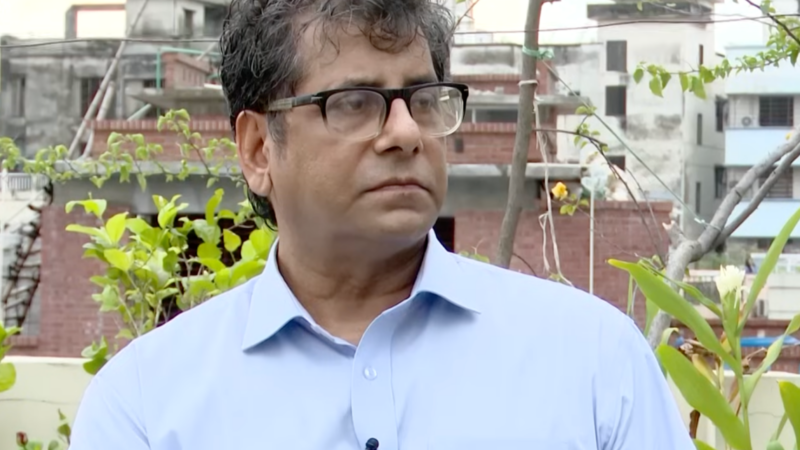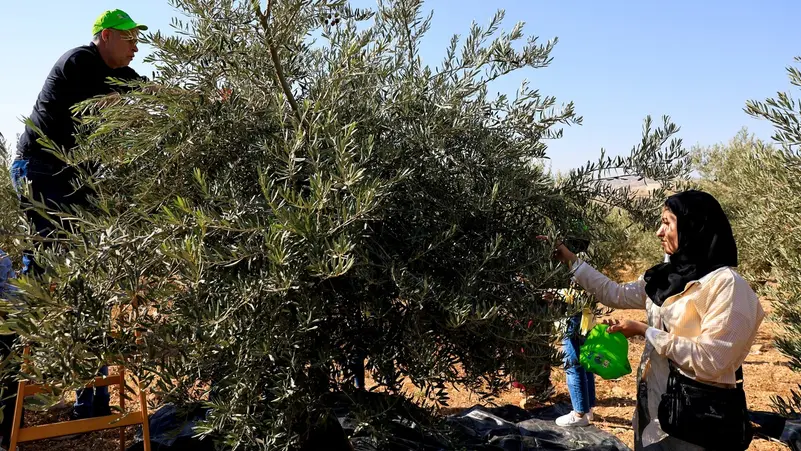Pakistan’s New Counterterrorism Resolution: No Terrorist Safe Havens

The recent killing of four Tehrik-i-Taliban Pakistan (TTP) militants in a Pakistani security forces operation has once again validated long-standing claims about Afghanistan being a sanctuary for terror groups. Among the neutralized militants, one was the son of an Afghan governor, providing undeniable proof that elements within the Interim Afghan Government (IAG) continue to harbor and support terrorist factions. This development aligns with multiple international reports, including those from the United Nations, which have consistently confirmed the presence of TTP, Islamic State Khorasan Province (ISKP), and Al-Qaida in the Indian Subcontinent (AQIS) within Afghanistan.
The presence of terrorist sanctuaries in Afghanistan has long been a destabilizing factor for Pakistan and the wider region. These reports highlight a troubling reality: terrorist outfits not only find refuge in Afghanistan but also receive ideological and logistical support, including weapons and trained fighters, to conduct cross-border attacks into Pakistan. In some instances, AQIS has even supplied armed militants to bolster TTP’s offensives, such as the attack in Chitral in September 2023.
Pakistan has repeatedly raised concerns about this security threat, warning that the unchecked presence of terrorist networks in Afghanistan undermines regional stability. Despite assurances from Kabul under the Doha Agreement, the ground realities paint a different picture. Instead of dismantling these terrorist havens, Afghanistan has become a nerve center for anti-Pakistan militancy. The increasing autonomy of these groups, coupled with Afghan Taliban support, has emboldened their operational reach, making them not just a direct threat to Pakistan but also to broader international security.
The past year has seen a surge in terrorist attacks on Pakistani soil, many orchestrated from across the border. TTP and ISKP have launched assaults on civilian and military targets, exploiting the porous Pakistan-Afghanistan border. The ecosystem of extremism within Afghanistan enables these groups to operate with impunity, reinforcing a cycle of violence that Pakistan can no longer tolerate. In a recent intelligence-based operation in North Waziristan, security forces neutralized an Afghan national affiliated with the Hafiz Gul Bahadur (HGB) group, further evidencing Afghan involvement in Pakistan’s insurgency. This development follows Pakistan’s consistent warnings about Afghan soil being used as a launchpad for terrorism, a claim substantiated by the participation of Afghan nationals in subversive activities within Pakistan.
Recognizing the severity of the threat, Pakistan has adopted a recalibrated counterterrorism strategy—one that balances diplomatic engagement with decisive military action. On the diplomatic front, Islamabad continues to press the IAG to take meaningful action against terrorist groups operating from its territory. Pakistan has urged the Afghan Taliban to uphold their commitments under the Doha Agreement and prevent their territory from being used to launch attacks against neighbors. While Pakistan values its historic and cultural ties with Afghanistan, it has also made it clear that its patience is not unlimited. However, when diplomatic channels fail to yield results, Pakistan’s security forces have taken proactive measures. Recent targeted operations in North Waziristan and Dera Ismail Khan have successfully dismantled TTP cells, sending a strong message that Pakistan will not allow terrorist sanctuaries to persist unchecked. The ongoing military pressure has put terrorist networks on the defensive, forcing them to scramble for survival rather than plan new offensives.
The continued existence of terrorist enclaves in Afghanistan represents a major security challenge, not just for Pakistan but for the entire region. Islamabad has, time and again, highlighted that these groups operate with a blatant disregard for Islamic teachings, Pashtun traditions, and humanitarian norms. Recent TTP attacks on security personnel’s families in Dera Ismail Khan, where women, children, and elders were terrorized, further underscore the group’s inhumanity. These so-called “fighters of Islam” have perverted religious principles to justify their reign of terror, proving once again that their agenda is driven by violence rather than faith. Pakistan’s policy shift marks a decisive moment in the fight against regional terrorism. With a renewed emphasis on both diplomatic engagement and military action, Islamabad is making it clear that it will not allow its sovereignty to be violated. The Afghan Taliban now face a critical choice: they can either take meaningful action against these terrorist groups or risk further isolation as Pakistan and the international community take more assertive steps to counter the threat.
As Pakistan moves forward with its strategy, the message is unambiguous: there will be no safe havens for terrorists, whether in Afghanistan or anywhere else. The fight against extremism is not just Pakistan’s battle—it is a collective regional and global imperative.






